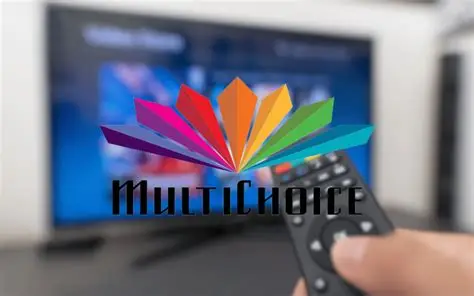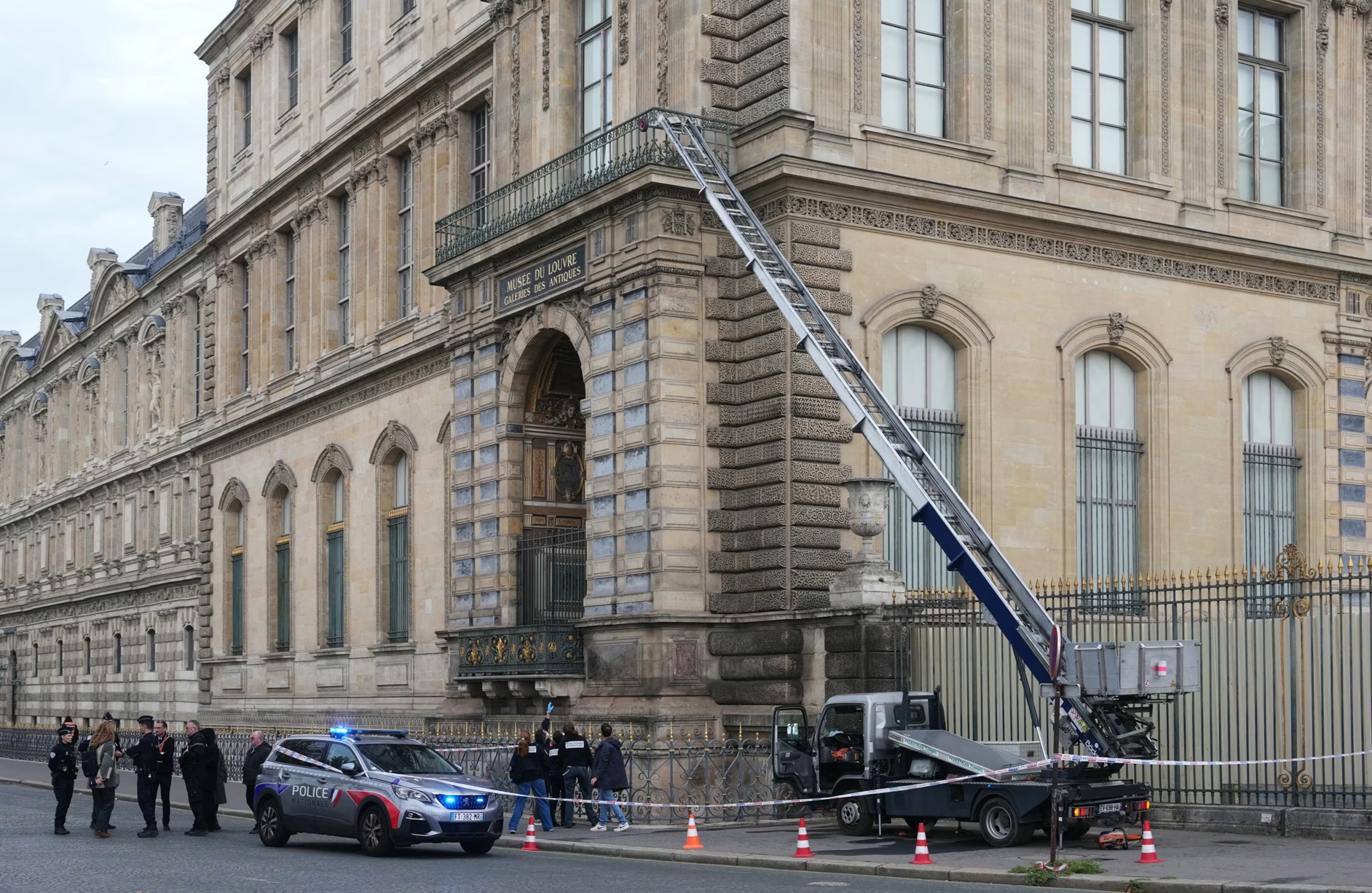Africa’s biggest pay-TV provider, MultiChoice Group, now under the control of French media giant Canal+, has announced a major 40% decoder price cut effective November 1, 2025 a move aimed at winning back millions of subscribers lost over the past two years.
The company, which operates DStv and GOtv across the continent, confirmed that the price slash will apply to its HD satellite decoders and select retail bundles. Online purchases will see discounts of up to 40%, while retail stores will offer about 30% off. In South Africa, for example, the standard DStv HD decoder will drop from R999 to R599.

Losing Subscribers, Facing Streaming Competition
MultiChoice’s decision comes at a time when the company has been losing customers at an alarming rate. Reports indicate the pay-TV giant has shed nearly 2.8 million subscribers across Africa since 2023, with over half of those losses coming from South Africa alone.
Analysts point to several factors behind the decline including the rising cost of living, currency depreciation, and increased competition from affordable streaming platforms like Netflix, Showmax, and YouTube.
While MultiChoice’s own streaming platform, Showmax 2.0, has shown some growth, it has yet to offset the sharp drop in traditional satellite subscribers.
Canal+ Steps In With New Strategy
The latest announcement follows Canal+’s successful takeover of MultiChoice earlier this year — a move that positioned the French media group as the majority shareholder in the African broadcaster.
Advertisement
Industry watchers say Canal+ is pushing for a more aggressive, customer-friendly strategy, beginning with hardware affordability and loyalty promotions.
As part of the rollout, MultiChoice will also reintroduce its popular “Open Time” weekend from November 7 – 9, allowing all active DStv subscribers — regardless of package to access Premium channels for free. Premium users will also enjoy expanded device streaming access during the same period.
What It Means for Viewers in Uganda and East Africa
While MultiChoice has not yet confirmed Uganda-specific price changes, regional analysts expect the decoder discounts to extend to East Africa, including Uganda, Kenya, and Tanzania.
In Uganda, where household incomes remain tight and internet costs still limit streaming adoption, a decoder price reduction could reignite interest in pay-TV subscriptions — especially among users who had disconnected due to cost pressures.
Local distributors and electronics retailers also expect a surge in decoder demand if the price cuts reach the region. “A 30–40% discount would be a big deal. It could push many families back to DStv or GOtv,” says one Kampala-based electronics seller.
The Bigger Picture
MultiChoice’s move signals a new chapter in Africa’s media landscape — one where legacy pay-TV companies are reinventing themselves to survive the streaming era.
The partnership with Canal+ could also open the door for more Francophone-Anglophone content collaborations and possibly more investment in local African productions, a sector both companies have publicly supported.
However, some experts caution that price cuts alone may not be enough. “The future lies in flexible, digital-first models,” says media analyst Nsubuga Allan. “If MultiChoice wants to win Gen Z and millennial audiences, it needs to integrate affordability with mobile and on-demand convenience.”






